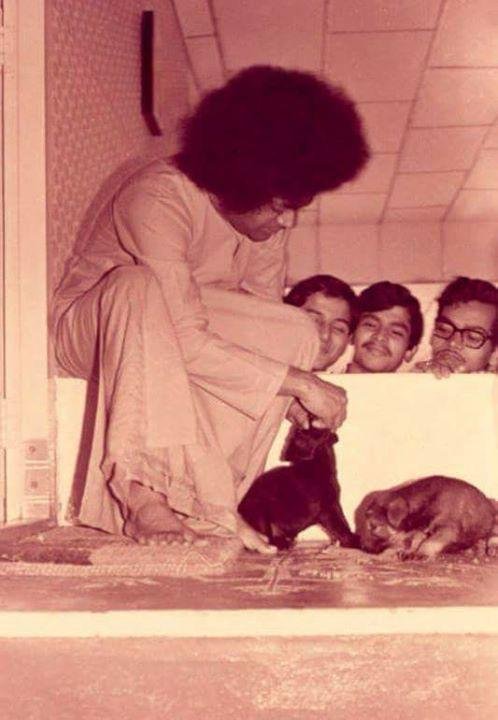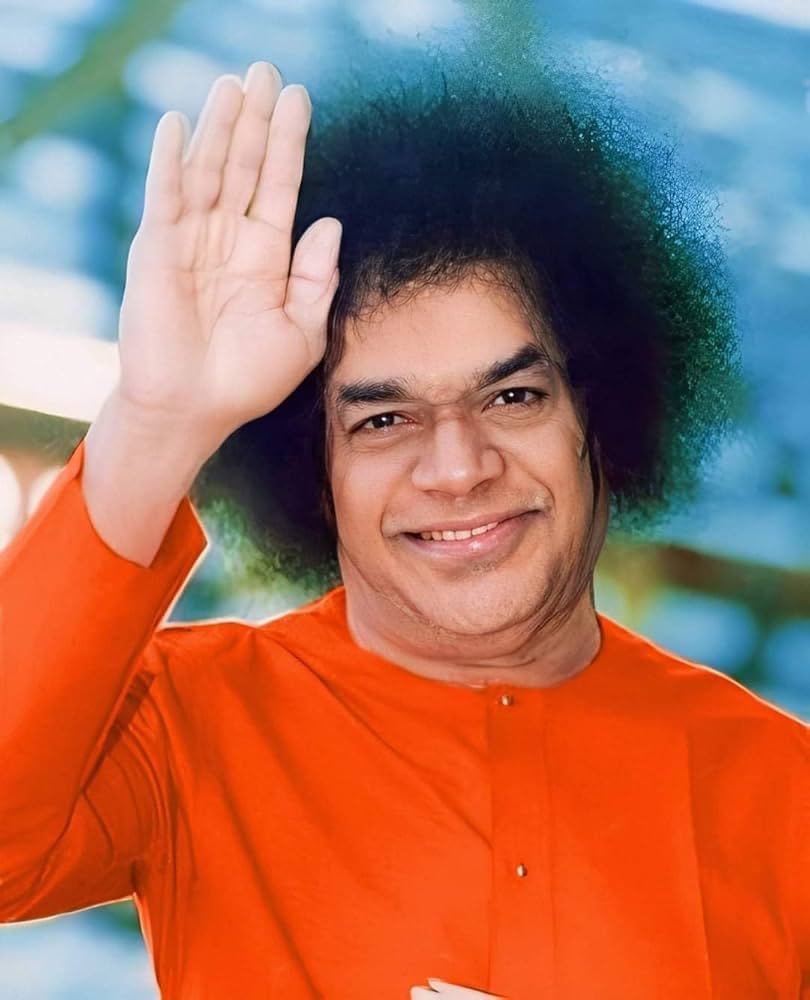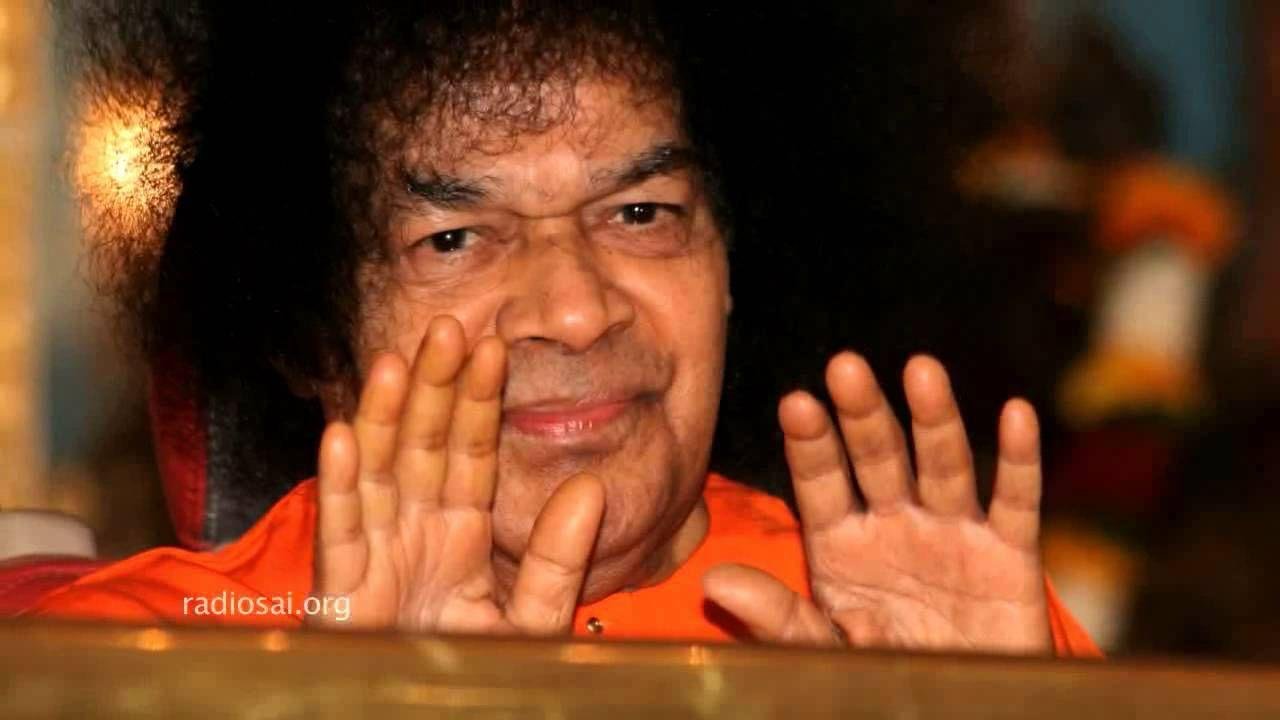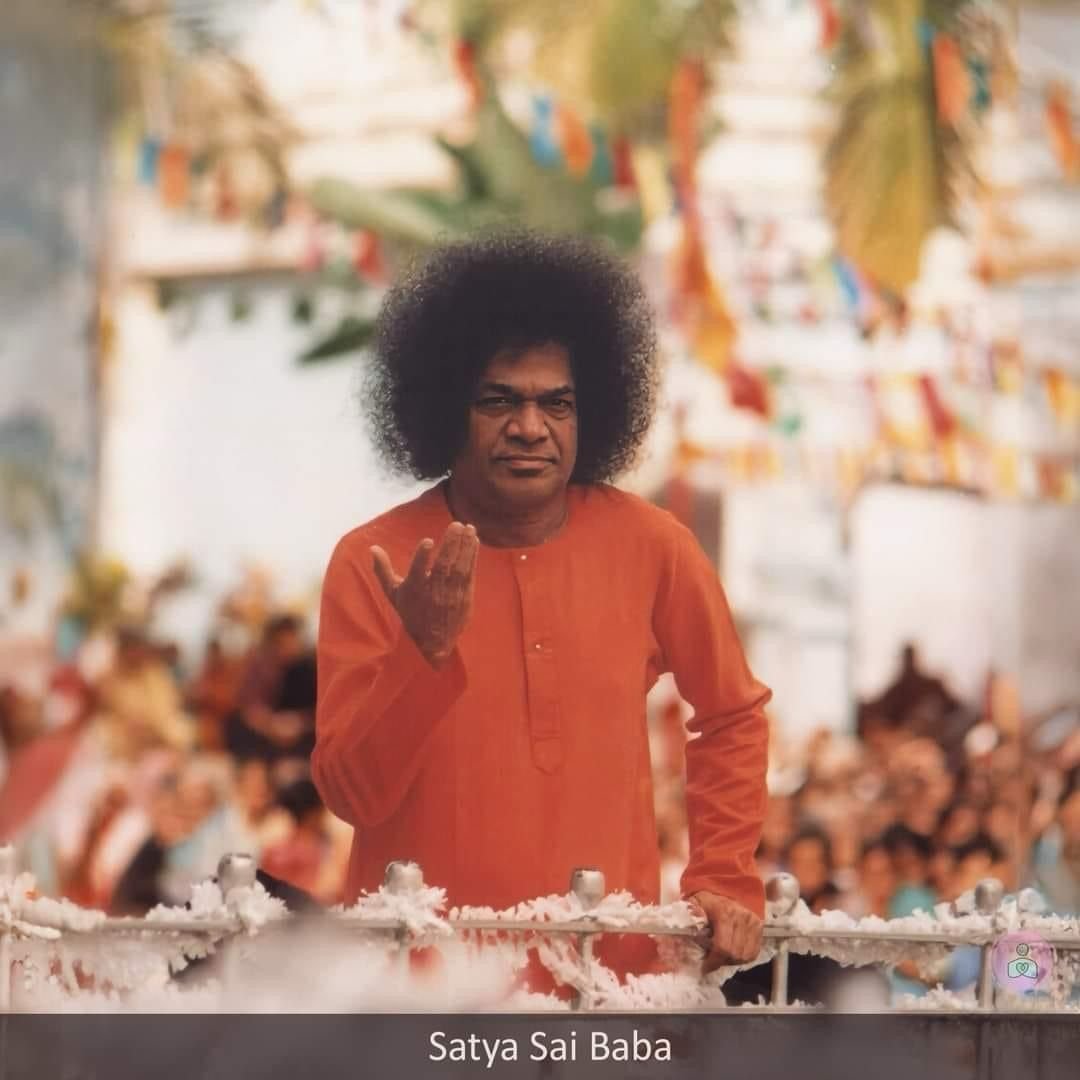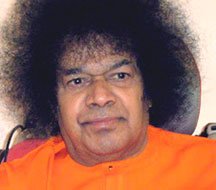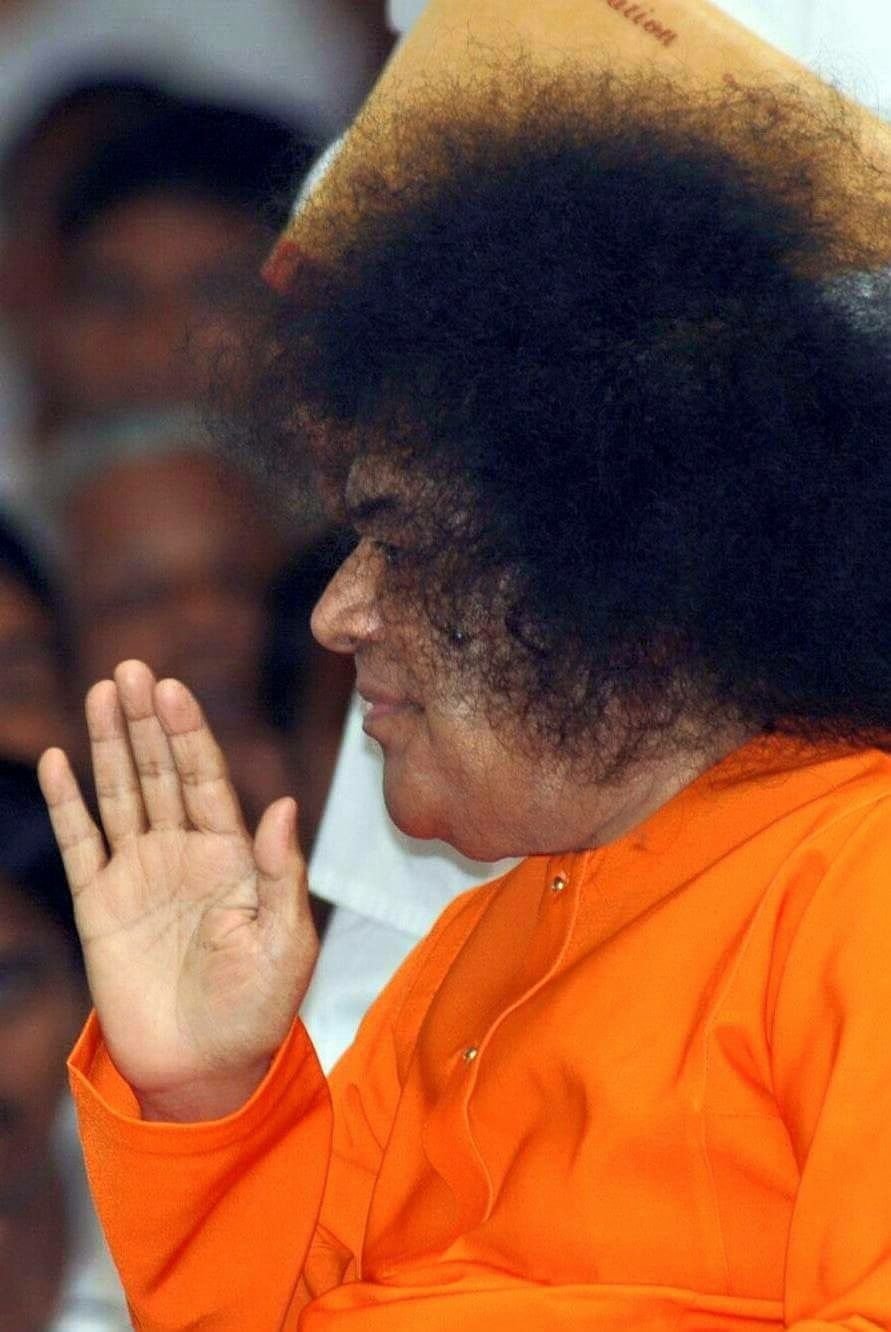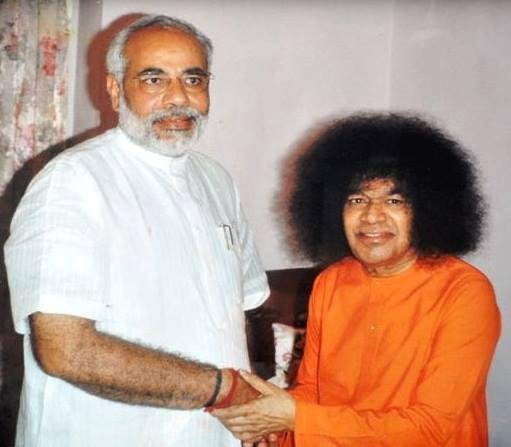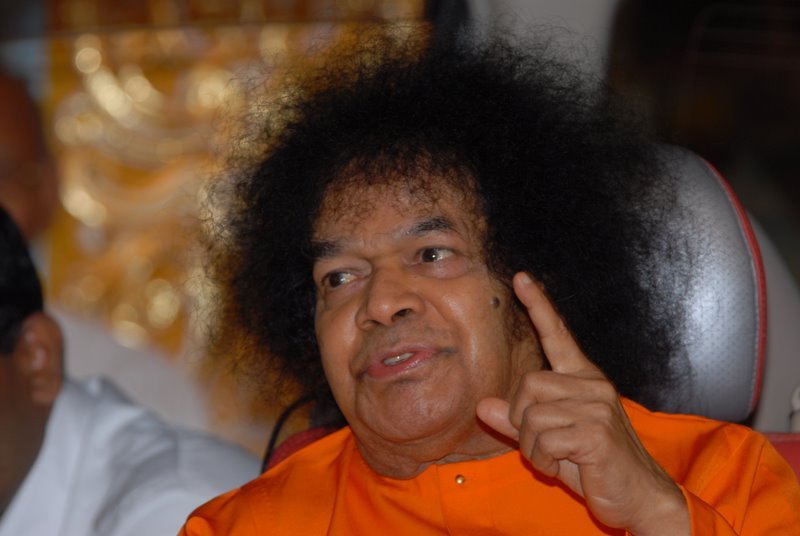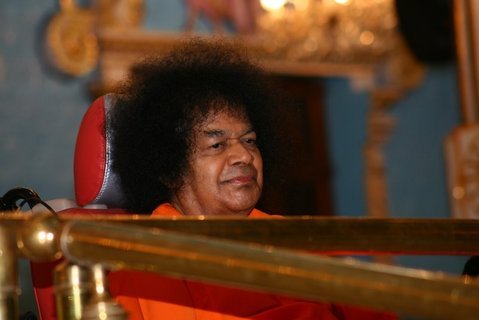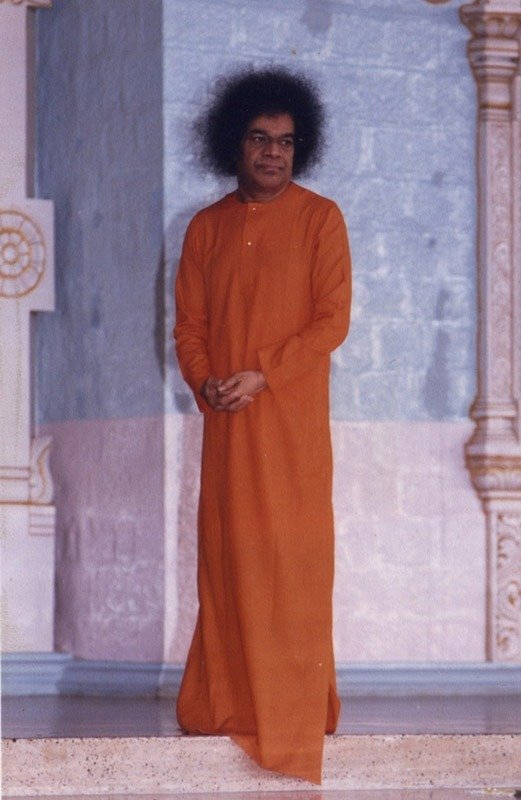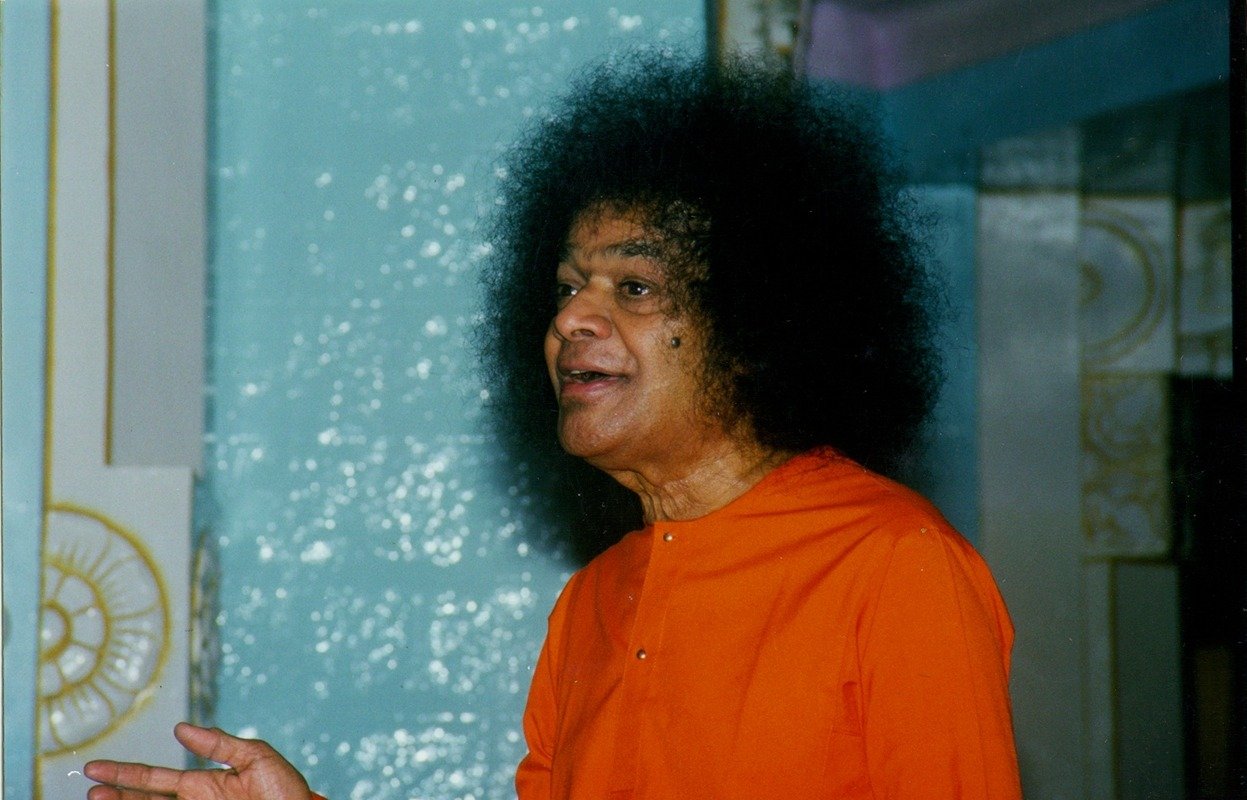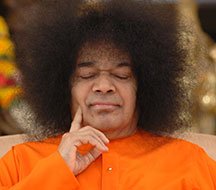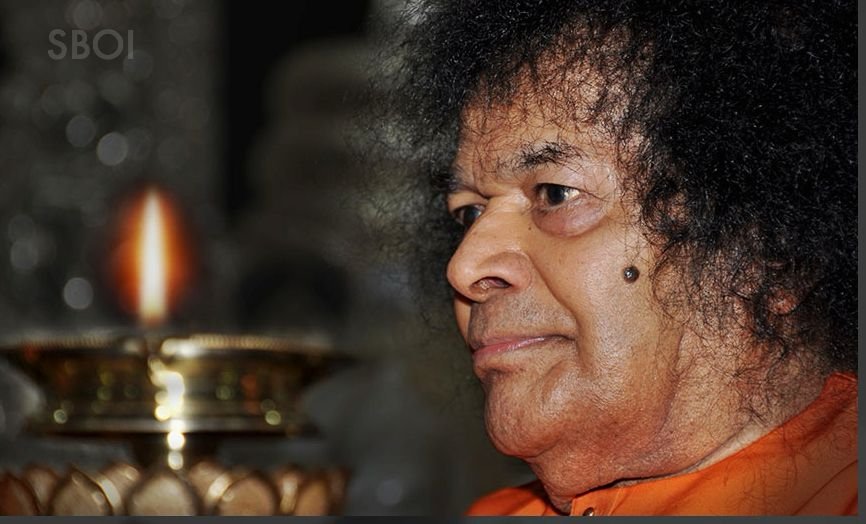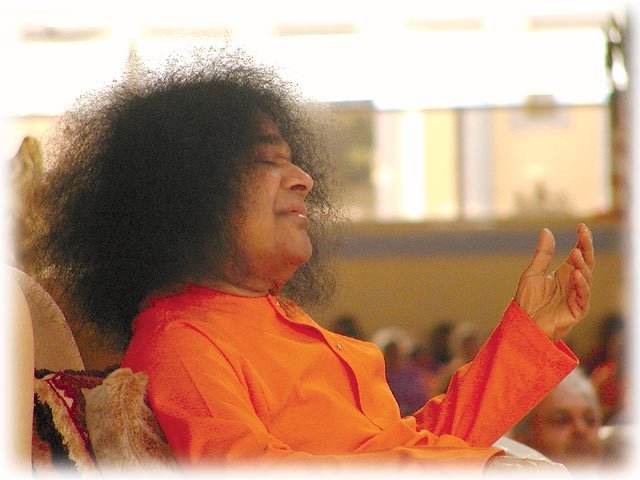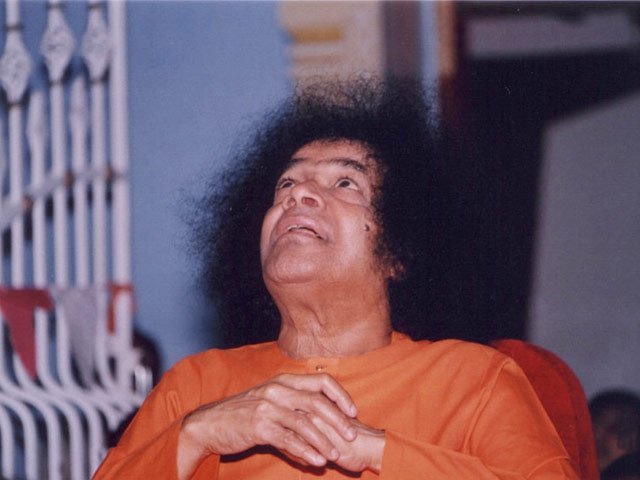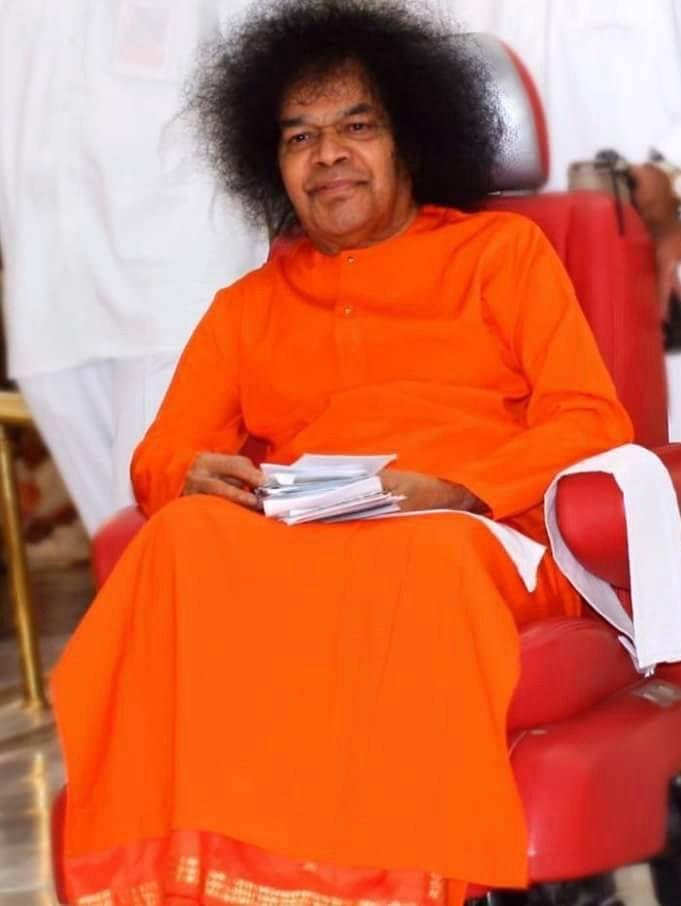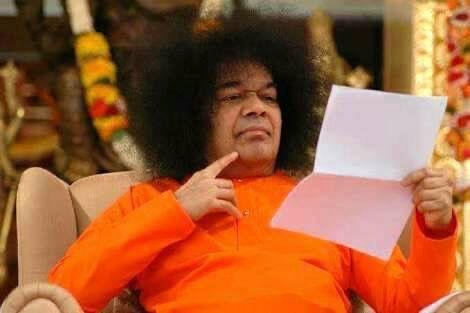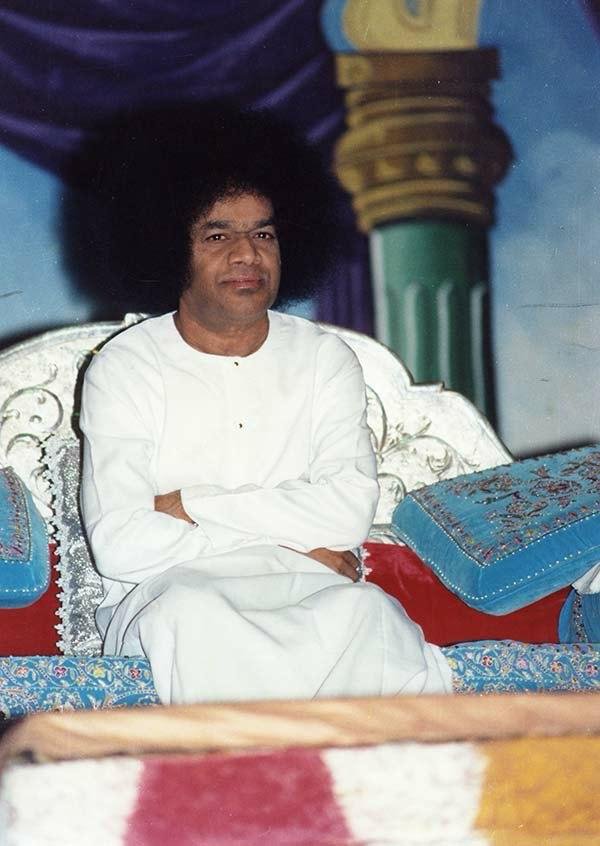The Essence of Devotion
Among all forms of spiritual practice, Bhakti (devotion to the Lord) is the easiest and holiest. Bhakti is derived from the root “Bhaj”, with the suffix “thi”. It means Seva (Service). It denotes a feeling of friendship coupled with awe. For one who is a creature of the gunas (Satwa, Rajas, Tamas), to understand what transcends the gunas, an attitude of humility and reverence is required. “Bhaja Sevaayaam” (worship the Divine through Seva). Bhakti calls for utilising the mind, speech and body to worship the Lord. It represents total love. Devotion and love are inseparable and interdependent. Bhakti is the means to salvation. Love is the expression of Bhakti. Sage Narada declared that worshipping the Lord with boundless love is Bhakti. Sage Vyasa held that performing worship with love and adoration is Bhakti. Sage Garga declared that serving the Lord with purity of mind, speech and body is Bhakti. Sage Yajnavalkya held that true Bhakti consists in controlling the mind, turning it inwards and enjoying the bliss of communion with the Divine. Another view of Bhakti is concentration of the mind on God and experiencing oneness with the Divine.
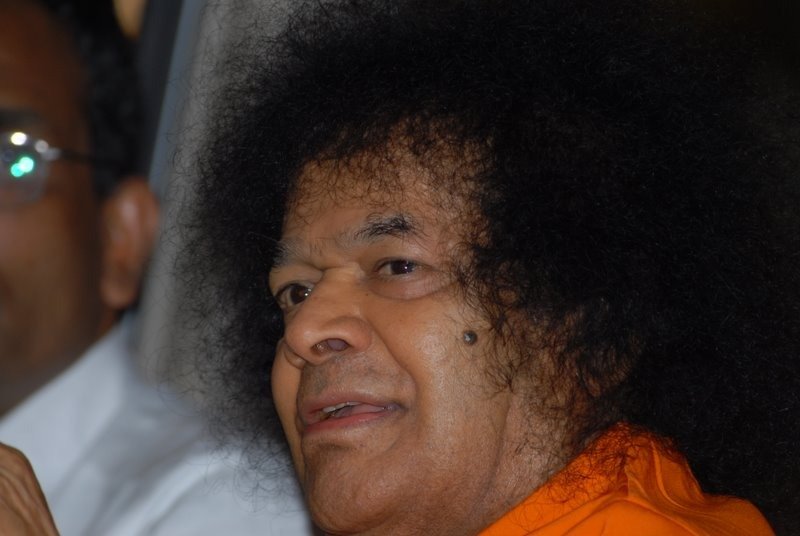
True devotion really means installing the Divine in the heart and enjoying the bliss of that experience. It is the mystic union of the individual soul and the Universal. When the devotee prays ardently from the depths of the heart and his love gushes forth, Bhakti is manifested. Winning love through love is the vital aspect of devotion. Prayer does not mean merely appealing to God for favours. It is a means of conveying to God one’s troubles, desires and aspirations and offering all one’s merits and the fruits of one’s actions to God. The basic quality of devotion is the yearning for realising oneness with the Divine.
Devotion is of two kinds. One is acquiring knowledge about God and transforming oneself thereby. This is a natural process by which one starts with the physical, proceeds to the mental and ultimately attains the spiritual goal of mergence in the Divine. But in taking to this path of knowledge, only the individual concerned can benefit. In the second type of devotion, the devotee not only benefits himself, but shares his experience with others and benefits them also. Such a devotee not only saves himself but helps others to save themselves.
Love is flowing in an endless stream through humanity all the time. By turning this love towards worldly objects and fleeting pleasures man is missing the opportunity to make life purposeful and to secure enduring bliss. Man should direct this love towards God to attain the true goal of life. Love of the Divine is not developed by secular education or scriptural studies. It springs from the heart. One who is filled with love of the Divine will not be attracted by anything else in the world. Nor will he submit to anything demeaning or unworthy. Love is selflessness.
The essence of Bhakti is Love and not formal exercises in japa or worship of various kinds. Worship should be offered to the Divine who resides in all beings. Love is God: live in love. Love is the means of realising the bliss of the Self, which is centered in ourselves. It need not be sought elsewhere. It can be found within one’s self when all thoughts are controlled and the mind is turned inwards. Dedicate all actions to the Lord. This is the highest knowledge. It is the summum bonum of existence. Love should become a way of life. That alone is true devotion.


